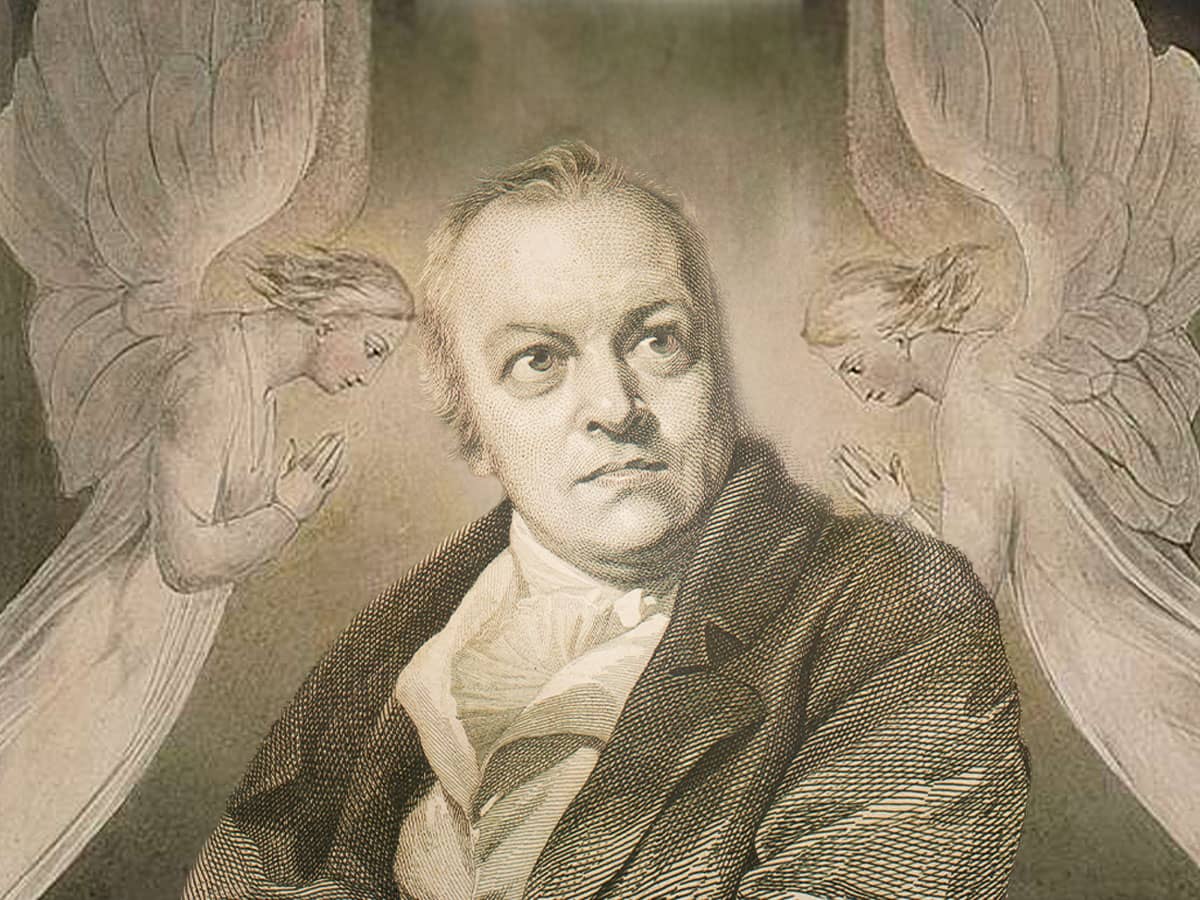Not since the "intifada," the uprisings a decade ago, had the village seen such a large funeral, and those were for the youths killed fighting Israelis.
But Jadah was a martyr of a decidedly different mold. The 24-year-old construction worker lost his life rescuing a child from drowning. An Israeli child. A Jew.
The accident took place August 5 at the Sea of Galilee, the biblical lake that is a favorite swimming spot for Israelis and Palestinians alike. Jadah and a cousin had spent the afternoon barbecuing kebabs on the beach, napping, and swimming. They were packing up to leave when they spotted a 6-year-old boy flailing in the lake and screaming for help.
Jadah swam out and towed the child back to the shore, fighting a strong current. Another Palestinian took the child from Jadah's arms and returned him unharmed to his mother. But Jadah, exhausted from the effort, was dragged toward the center of the lake by a strong undertow. By the time he was brought back to shore, he was in a coma.
He died two days later, leaving behind a 2-year-old son, a 10-month-old daughter, and a pregnant 23-year-old widow.
Jadah's heroism turns on its heels some of the conventional assumptions about relations between Israelis and Palestinians. What was remarkable was not just the individual act of bravery but the seemingly universal acclaim it has received in a community where most of the heroes were those killed fighting Israelis, not rescuing them.
The main square of Hamle is known as "Midan El Shuhada, Martyr Square--built around a monument to five Hamle boys killed during the "intifada." A group of young men who sat curbside the other day concurred that Jadah was a martyr and hero, just the same as those resistance fighters.
"He did what was right under Islam. He saved a life," declared Nidal Bardawi, 22.
Abdul Halim Jadah, Omri's father, says he has yet to meet a Palestinian who believed that the young man died in vain saving a Jewish boy.
Hamle is a quiet, dusty village of 6,000 that lies just two miles across the concrete checkpoint separating the West Bank from the strip shopping malls and tract homes of Kfar Saba, a prosperous town in Israel proper. If Hamle has a claim to fame at all, it is as the hometown of the late Omri Jadah, who has in the month since his death become a celebrated figure.
The Palestinian press has written glowingly of his feat--Jadah is featured in a two-page color spread in Fosta, a popular glossy magazine, under the headline "The Story of Omri and the Jewish boy." Palestinian leader Yasser Arafat sent his condolences to the family, as did Israeli Prime Minister Ehud Barak.
In their courtyard crisscrossed by drying laundry, the Jadah family received two members of the Israeli parliament, one an Arab and the other a Jew. The Jerusalem Post, an English-language newspaper, has launched a fund-raising campaign for Jadah's widow and last week presented the family with a check for $12,500.
By the accounts of his family, Omri Jadah was a rather ordinary fellow who, like many of the men from Hamle, earned his living with occasional construction jobs in Israel. He spoke Hebrew as well as Arabic and was not particularly interested in politics.
His cousin, Mohammed Jadah, who was his companion on the trip to the Galilee, said they were well aware that the drowning child was Israeli--they had been seated near the family on the beach throughout the afternoon.
"Everything is possible among the ordinary people," said an uncle, Abdullah Ghana Radah. "Even if the high-ranking people, the politicians, can't make peace, we can."
At the very least, the Jadahs might have formed a bond with Tanya Leftov, 25, a divorcee whose son, George, was pulled out of the lake. A recent immigrant from Russia, she made her first visit to an Arab village last month to attend the funeral.
"I'd never really met Arabs, and I've never been to an Arab village or town in my life. But I do feel I owe Omri's family a lot.... We're joined together by this."

